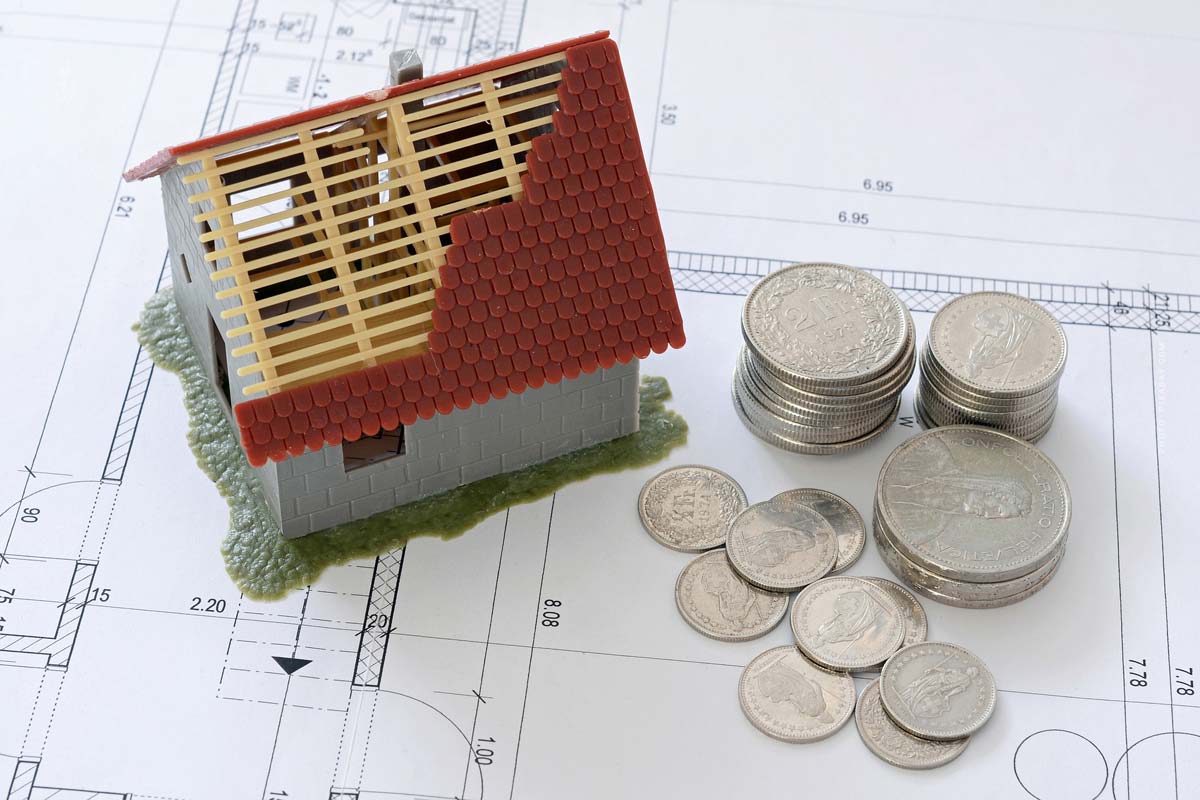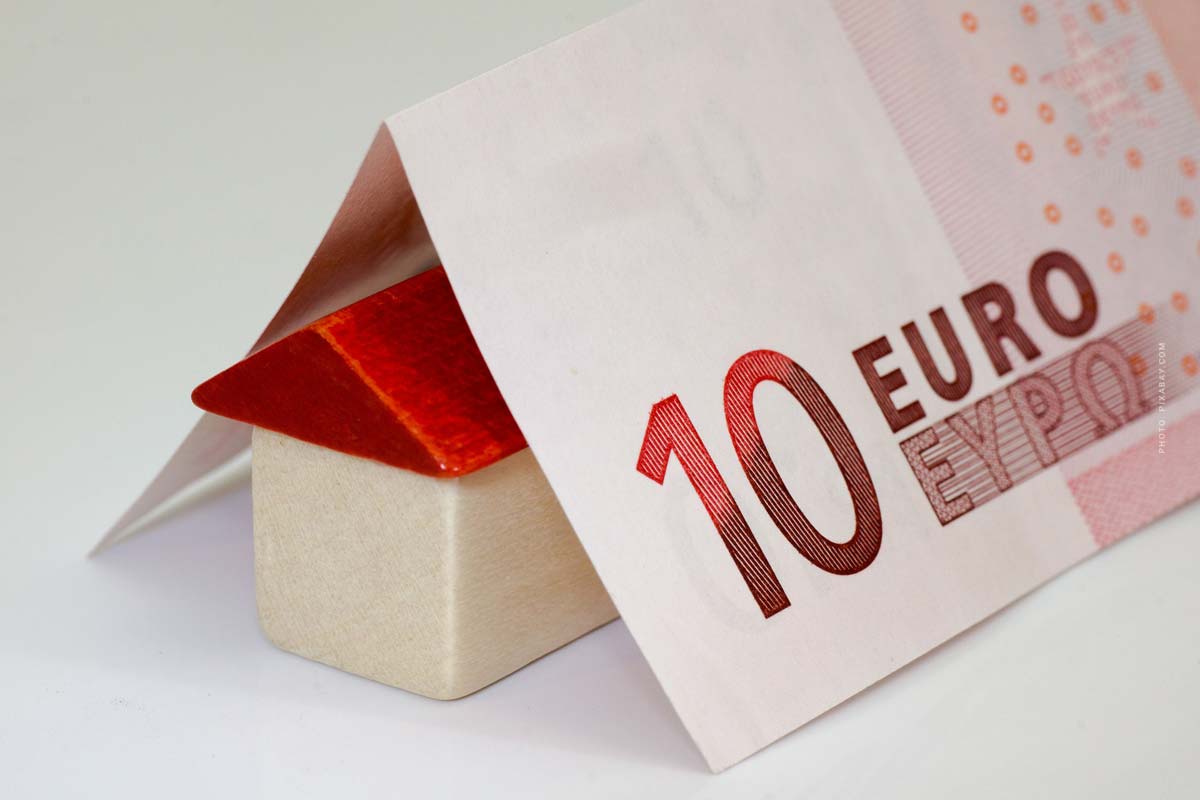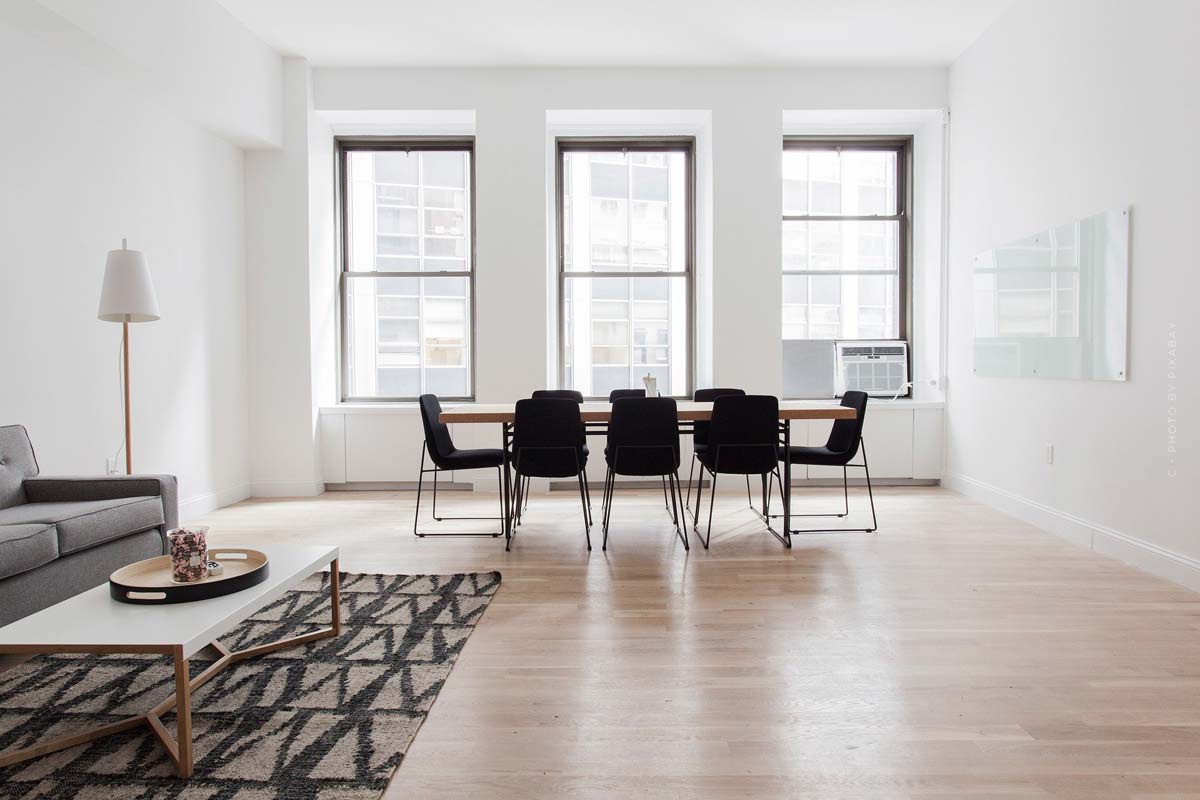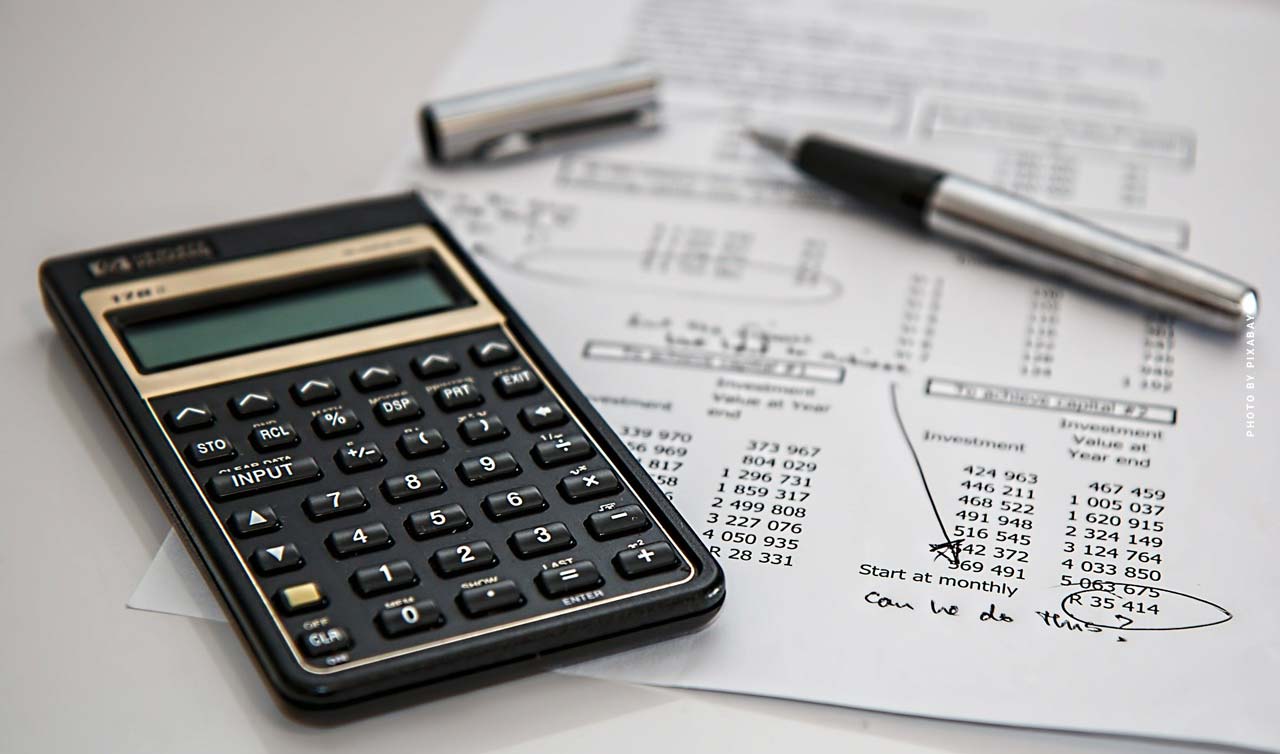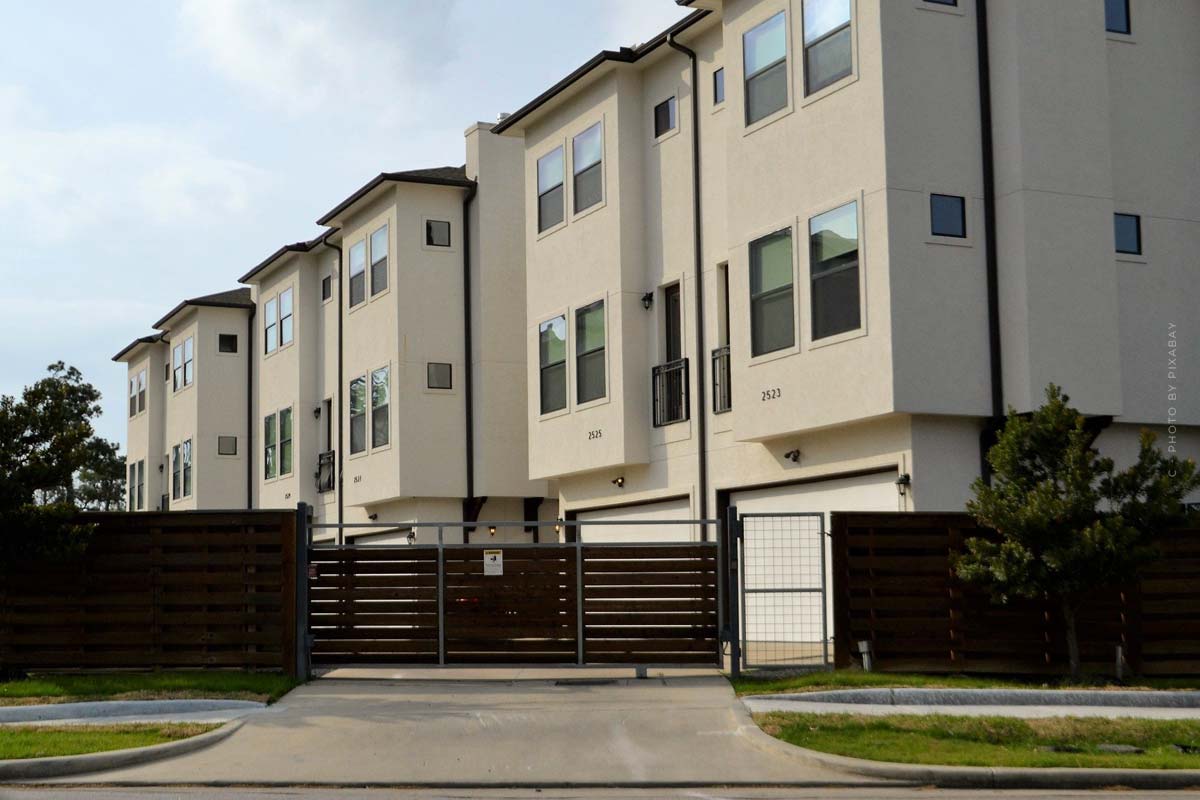Equity: tips for owner-occupation and capital investment of your first apartment
Equity – Regardless of whether it is for personal use or as a capital investment, the first thing to think about for any type of real estate is the financing. Here, equity is an important topic, from the use of equity to the difference through tax deductibility of the loan interest. The big question here is, how much equity do you need if you include all costs from the purchase price to the ancillary purchase costs? Here you will learn everything about financing and equity.
Equity: Use for own benefit and capital investment
To finance a property, the bank requires a certain amount of collateral. The better your credit rating, the less equity you have to put up. When buying the first property, two basic rules apply for personal use and capital investment.
- Self-interest = As much equity as possible
- Capital investment = As little equity as possible
The equity subtracted from the total investment sum results in the loan sum required from the bank. This loan is paid back by a monthly repayment, including interest.
What is important in the repayment?
- Capital investors: Interest can be deducted for tax purposes
- Owner-occupier: interest cannot be deducted for tax purposes
- Repayment: Repayment + interest for loan amount
Owner-occupiers: High equity
With this type of real estate purchase, the interest on the financing cannot be deducted from taxes. To keep the interest as low as possible in the end, it is worthwhile to bring in as much equity as possible. So the bank has a lower risk with your financing and the lower the interest is calculated.
- More equity, the better the conditions
- At least 20% equity for owner-occupiers
Cost per month for own use
In general, for financing a property, the cost of the loan should not exceed 40% of disposable income. In addition, one should keep in mind that the costs and interest rates can change. Just as quickly as the interest rate can change the cost of managing the property, such as water, electricity and gas.
- Self-interest < 40% of income (net, after tax)
- Interest and management costs may change
Capital investment: Lower equity
If you buy a property as an investment, you can fully deduct the interest on the financing from your taxes. If the rental yield is sufficient, even the tenant pays off almost completely on his own. However, surpluses generated from the return must be taxed, which is a major disadvantage.
- Interest is deductible
- Tenant pays interest through sufficient return on investment
- Less than 10 – 15% equity for capital investment
Rolling equity
Simply explained, rolling equity means that you get your investment of equity paid out as soon as the repayment at the bank is paid off. So in short, how do you get your invested equity out of a real estate investment as quickly as possible? To achieve this, there are two ways.
Two options:
- Restricted equity
- Full financing
Restricted equity
With this equity investment option, the equity is tied up until the property is sold, which means that you cannot access the equity during this time.
Sample calculation:
- Investment costs (purchase price plus ancillary costs): 250,000
- Equity after bank (15%): 37,500
_____________________ - Loan amount: 212,500
- 32,500 euros committed as equity
Full financing
In this case, it is agreed with the bank that the purchase price including ancillary costs will be financed in full. The equity capital is invested in an extra account or securities account as collateral, which is released as soon as the repayment of the loan reaches the level of the equity capital.
Sample calculation:
- Investment costs (purchase price plus ancillary costs): 250,000
_____________________ - Loan amount: 250.000
Additionally:
- Assigned collateral (account or deposit): 37,500
The next step: commercial examination
You have determined your maximum purchase price and are now faced with the commercial check, so that the previously determined and determined budget is adhered to. This audit is particularly important for the purchase of the first property such as apartment or house, that thus unnecessary costs and mistakes in the purchase of real estate are avoided. This audit includes not only the cost, but also the inspection and defects by year of construction and maintenance of a building. Read everything about the purchase audit here!
Self-disclosure for the bank
Before determining the required equity capital, you should provide the bank with a self-disclosure about your financial situation. You can find out what this means here!
You want to buy your first apartment or house and the bank wants a self-disclosure from you? Learn here what a self-disclosure is, what it says and download a free PDF template that you can use to convince your bank!

